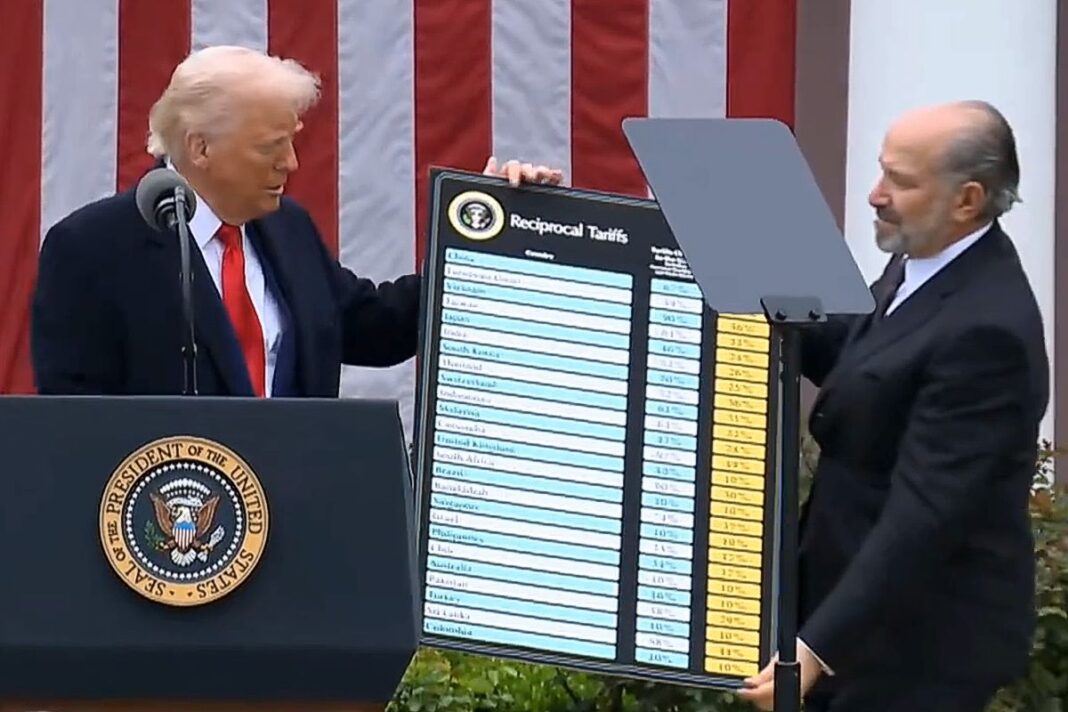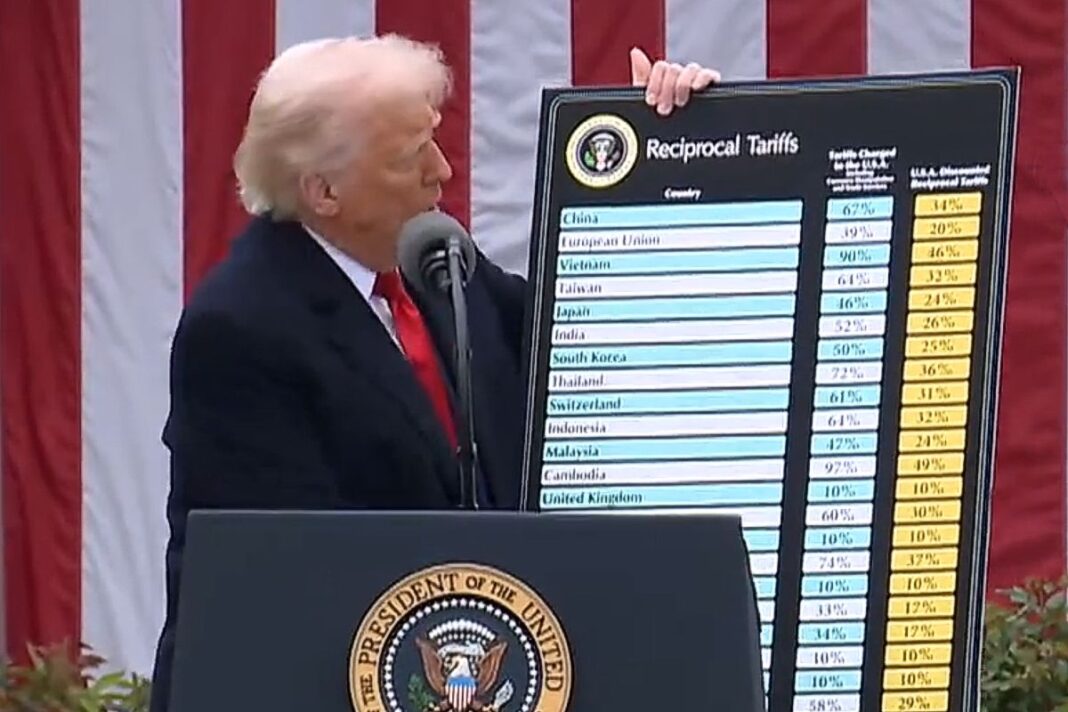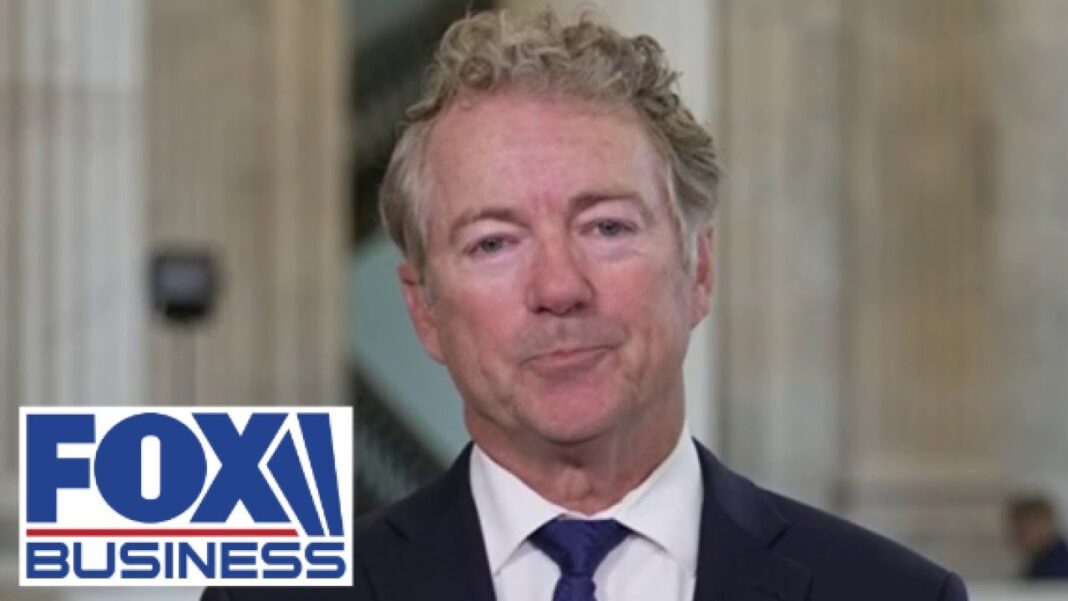Most firms also plan to raise prices as the U.S. tariffs drive broad shifts in supply chains and pricing strategies.
Nine out of 10 U.S. companies say they expect to bring some or all of their production or sourcing back home in response to new tariffs imposed under President Donald Trump’s trade policy, according to the latest Allianz Trade Global Survey.
The survey, published on May 20, hints at an acceleration in reshoring efforts as U.S. firms adapt to the tariffs, as Trump pursues a global trade reset to boost domestic manufacturing and correct what he says are decades of unfair practices by other countries that put the United States at a disadvantage.
Allianz researchers found that roughly 90 percent of U.S. companies plan to reshore or switch to domestic suppliers in the wake of the April 2 global tariff announcement. U.S. firms ranked among the most likely in the world to pursue domestic sourcing, alongside companies in Italy and Spain.
“That said, it may be easier said than done,” the Allianz report’s authors wrote. “When asked about the top hurdles standing in the way of reshoring, supplier-related issues and no longer higher costs was the top choice compared to last year. Labor-related issues round up the top three hurdles.”
More than three-quarters of companies pointed to supply chain structure—their complexity, concentration, or competition—as a key threat to offshore production, with the high share of declared reshoring intentions suggesting that firms see clear benefits to simpler, domestic supply chains in the face of Trump’s trade policies.
At the same time, a majority of U.S. firms say they plan to raise prices to offset the effects of tariffs. Fifty-four percent of U.S. companies said they would increase prices following the April tariff hike, up from 46 percent beforehand.
“In sharp contrast to the optimism seen before the April 2 tariff wave, this year’s Global Survey confirms what we’re observing across markets: uncertainty and fragmentation are becoming structural,” Aylin Somersan Coqui, CEO of Allianz Trade, said in a statement, adding that companies with highly concentrated supply chains and export markets have the highest risk exposure to the administration’s tariff policies.
Since taking office in January, Trump has sought to reshape global trade to protect American workers and encourage domestic manufacturing. He has imposed a baseline 10 percent tariff on nearly all imports, with steeper rates for certain countries, including China, where tariffs remain at 30 percent after a temporary 90-day reprieve from a 145 percent levy.
By Tom Ozimek








